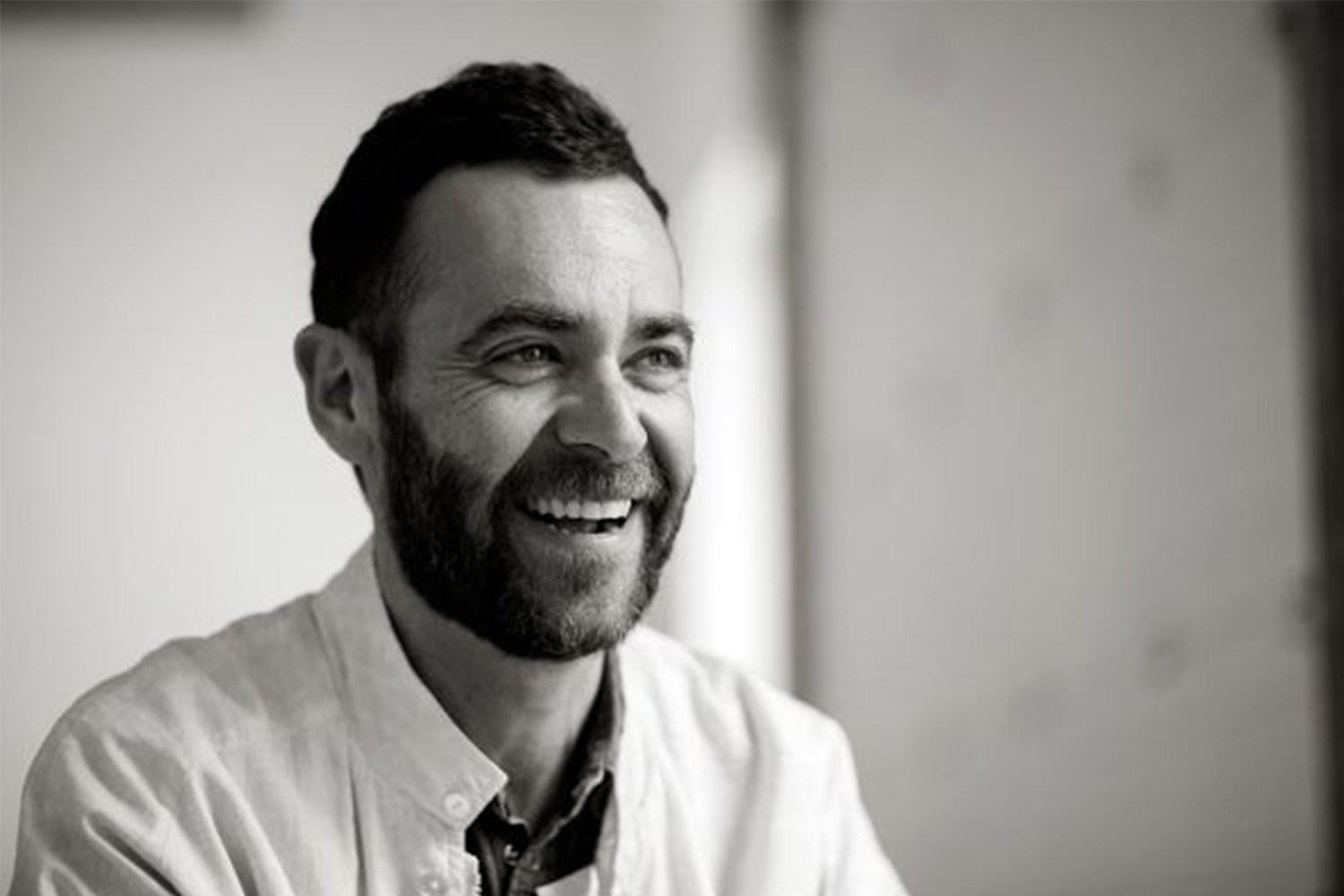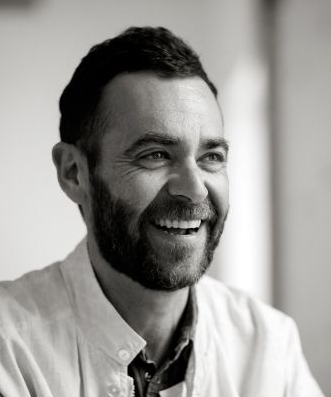“Where do I start from?
From the object to be expressed, from the sensation?
Do I start twice?”
“Model Dancer. Beautiful for all the movements he/she doesn’t do (that he/she could do)”.
“To see your film choreography as a combination of lines and volumes in movement
apart from what it represents and means”
“The work is not made, ready-made.
It is made gradually under the gaze”.
(Notes sur le cinématographe, Robert Bresson.
Paris. Gallimard, 1975)
A few days after the work-in-progress presentation of Dominion in Tenerife (after a first residency in the Laboratorio de Artes Vivas y Ciudadanía), Robyn, Alexandre and I had a coffee in one of the many terraces that fill the Rambla of Santa Cruz. A straight line that crosses the city from east to west and that operates like a great elongated stage on which the bodies of the inhabitants of the island’s capital parade. A leisurely traffic of old and young bodies, of children and delivery boys on skates who walk, stop, chat or spend hours on a bench, watching and being watched by other passers-by. We had a coffee, talked about the recent presentation, and about a particular way of working as a choreographer in relation to artworks and the bodies that occupy them and about the gazes that construct them. I arrived, inevitably, to Bresson.
For years now (ever since the great artist Claudia Faci made me discover Robert Bresson and his Notes on the Cinematograph) I have adopted this little diary, this book of notes, this manual on the creator and his work, as my main source of inspiration and anchor to the real dimension in which I want to work and conduct myself, in artistic practice, in curatorial work and in life itself. A sort of The mutations book (I Ching) to consult on any question related to the systematic and mysterious exercise of approaching creation, the use of our choreographic and dramaturgical tools, the treatment of bodies in space and the use of our own resources. A fundamental text in my life and in my work and a book that, despite my promises during those days, I didn’t manage to give Alexandre (therefore, a pending gift).
Alexandre Iseli is a good man. He is a consistent artist, hesitant and, at the same time, very sure of his decisions, of his choices on stage and of the consequences they have on his performers, on the artwork and on the audience’s gaze. A relationship between his own abilities and the potentialities that dance opens up in the mind of an observer. A choreographer who, in recent years, offers himself a certain quiet rebelliousness, from a mature and at the same time adolescent inner self, amid a process of change and transformation, in search of ways of doing things that are closer to his own nature and far removed from the patterns imposed by convention. Dominion (the mastery of one’s own tools and the dedication to the service of something greater than oneself) is one of the steps on this path of maturing and self-affirmation, of opening up to new questions based on some premises which, in my opinion, are profoundly Bressonian (and which excite me so much, both in theory and in practice, producing authentic aesthetic orgasms when they happen on stage).
Robyn and Dani are two beautiful human beings, on and off stage. Two bodies that, in Dominion, gather Alex’s proposals and that, very fortunately, give themselves in to the composition of a physical, energetic, aesthetic and emotional relationship, beautiful, profound and charged with power. A well-managed power that moves from the dancer’s body to the eye of the beholder in an exercise of shared responsibility (between the artist and the audience), and that triggers the experience of the beholder in multiple directions and dimensions of interpretation. Alex senses (knows) that a true work of art is made little by little under the gaze of the audience, and that to pretend otherwise (to offer a work full of underlining, redundancies, obvious explanations) is only an exercise of paternalism – too masculine – that treats the audience condescendingly, as a being that is limited in their ability to understand and lacks the intelligence and responsibility necessary to co-create it. This disposition to the contemporary scene is in itself a political exercise of resistance to the gradual simplification and deactivation of the artistic experience. A movement to recover the body as the core of our experience, our knowledge, and the mystery (of that which is not resolved in the act, which is delayed) as a motor for action and a profound and exciting reading of the scene.
I close with a footnote, one of the notes I like the most from Bresson, a commitment to detail, to the small and the subtle, the path that we will explore together on Rising Voices:
“The one who can do less, can do more. The one who can do more, cannot necessarily do less”.
Javier Cuevas
Artistic director of the Performing Arts and Citizenship Lab – TenerifeLAV
Artist and dance dramaturg




